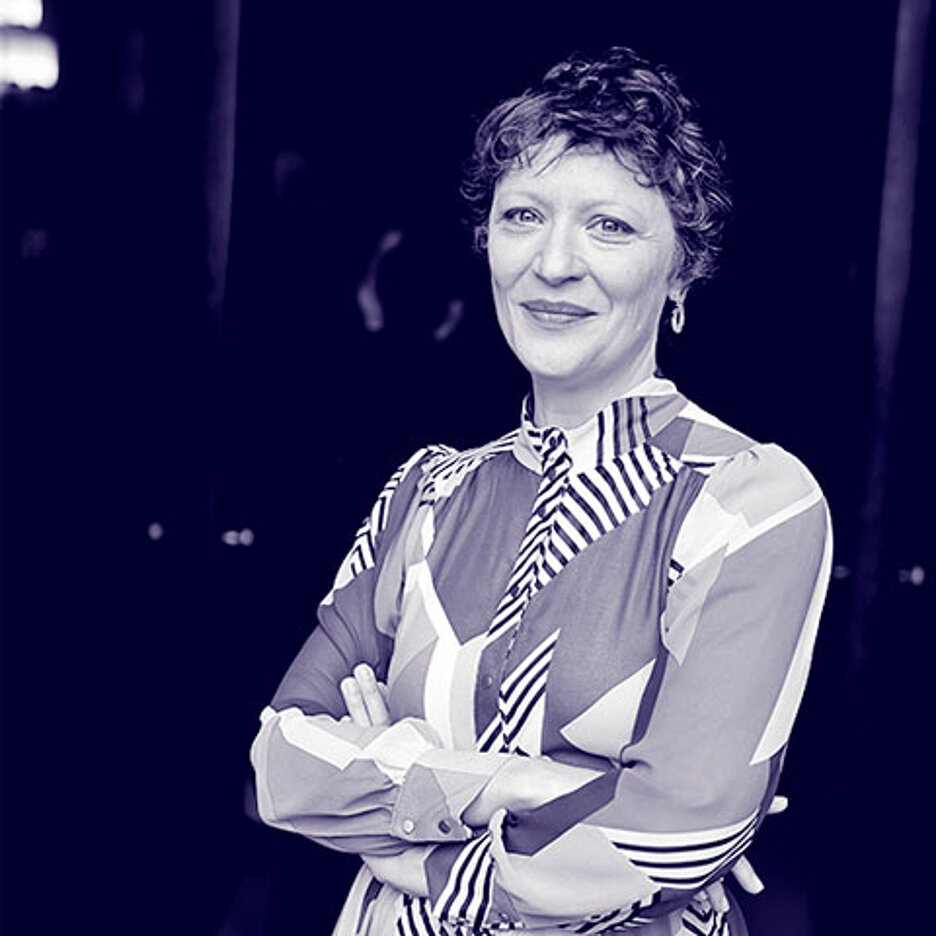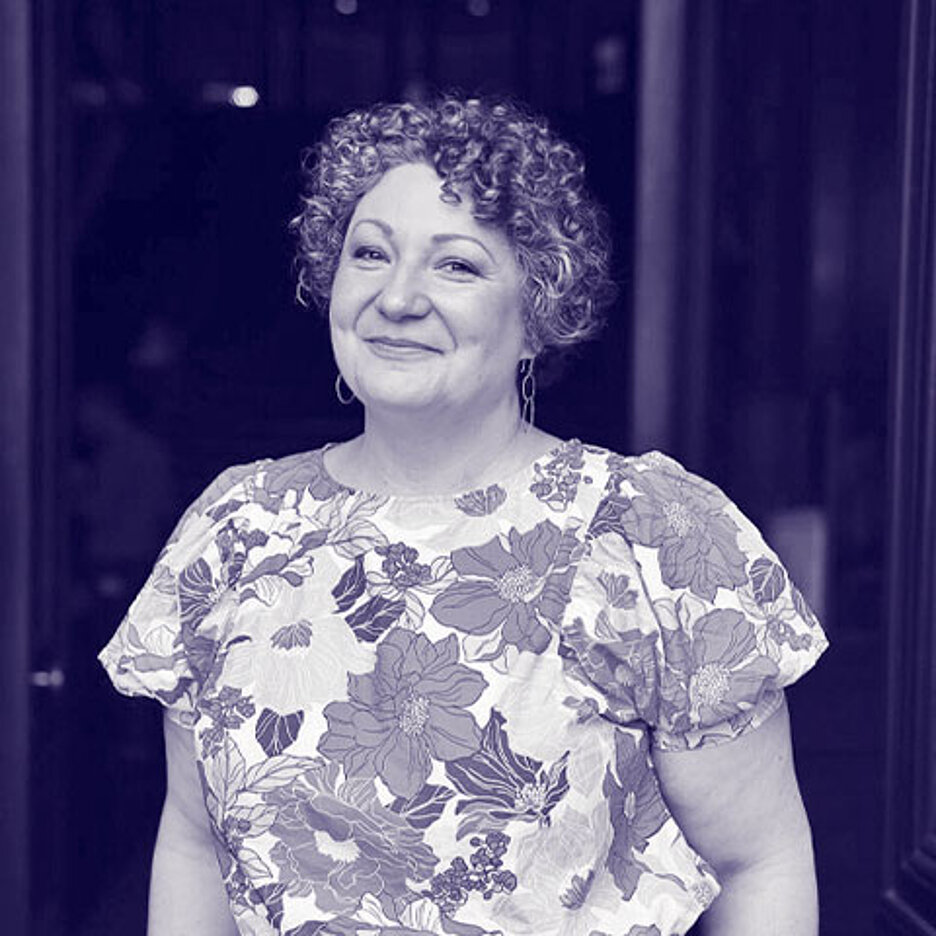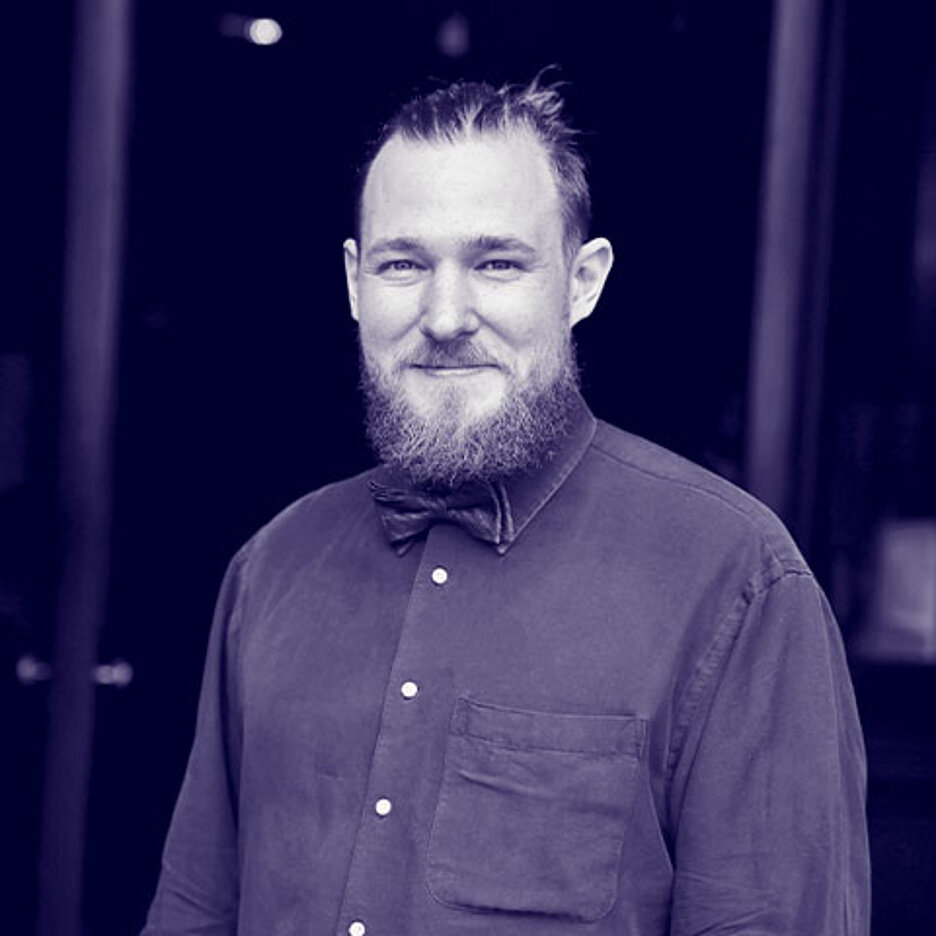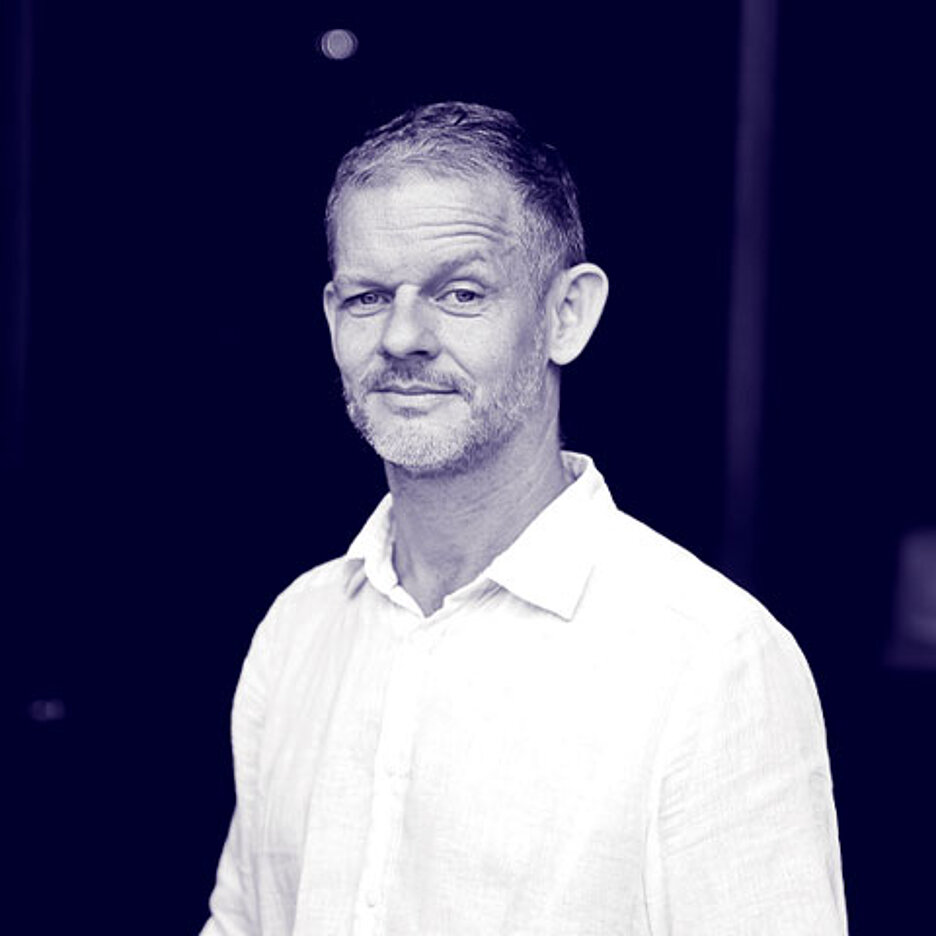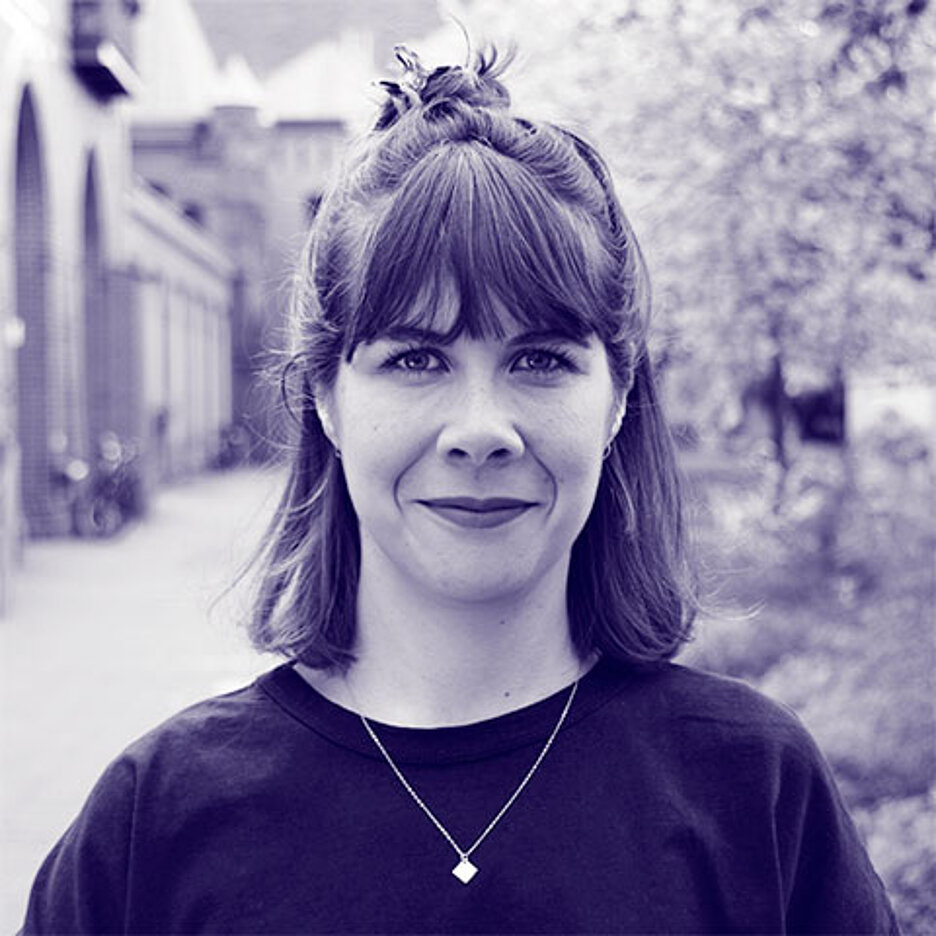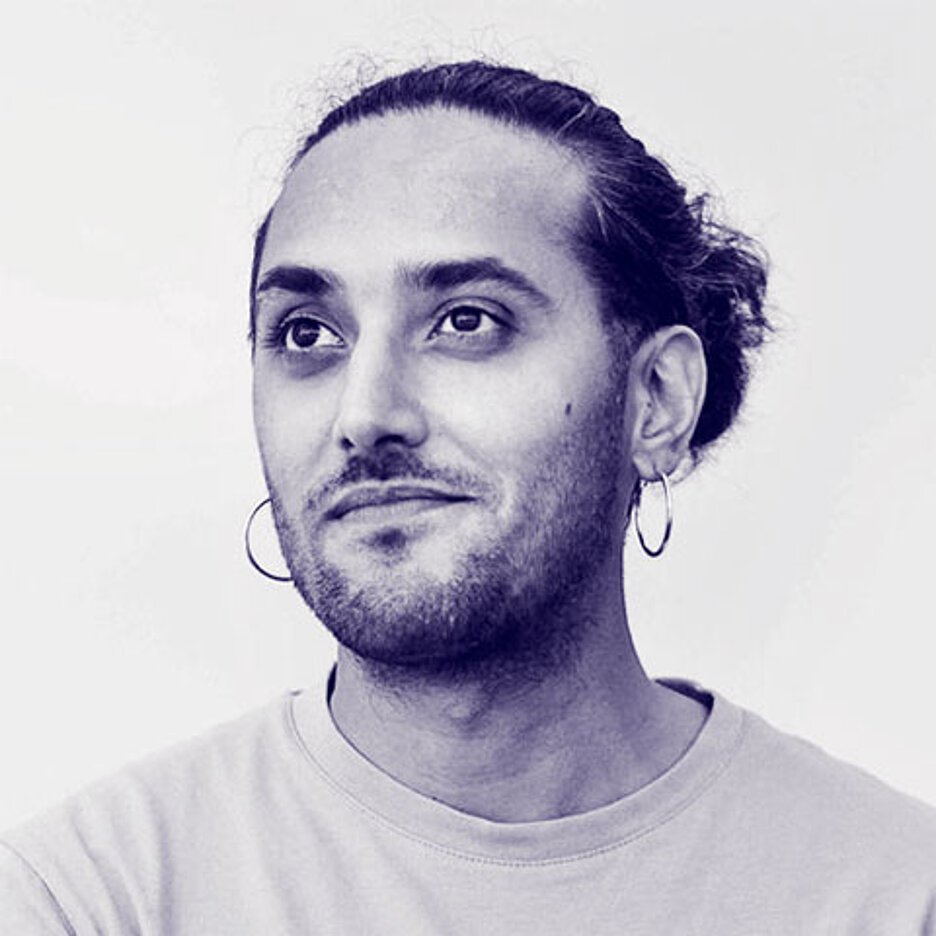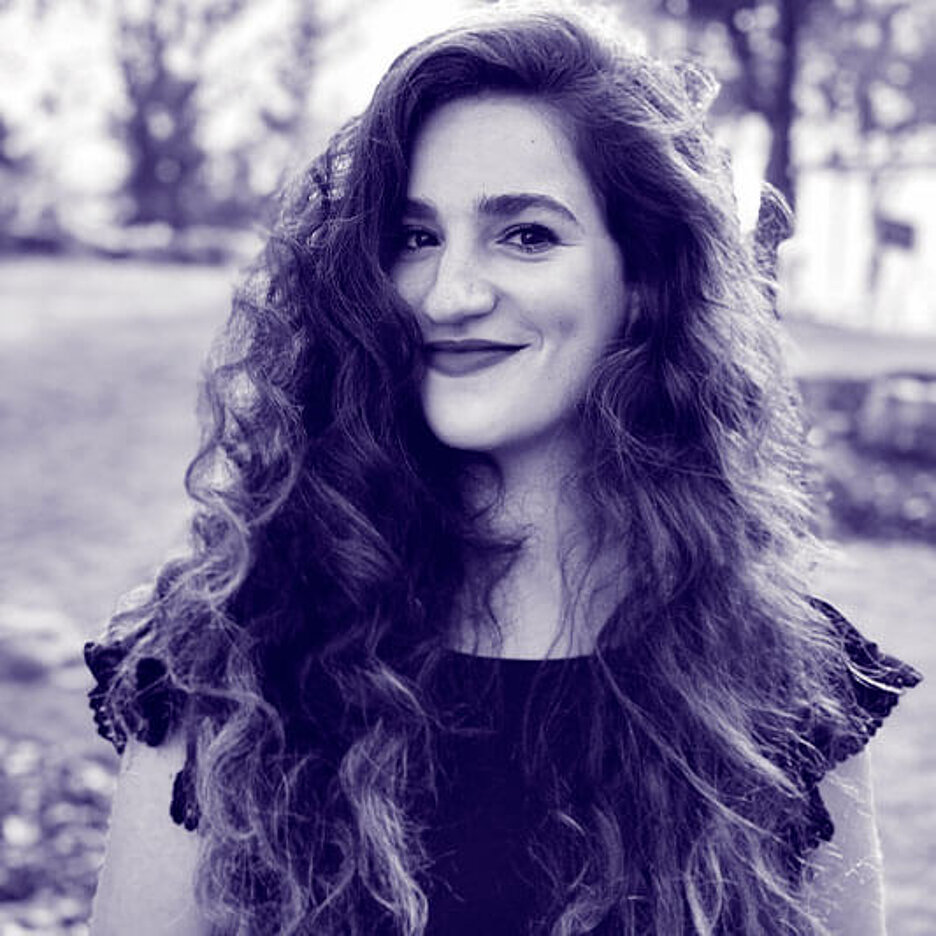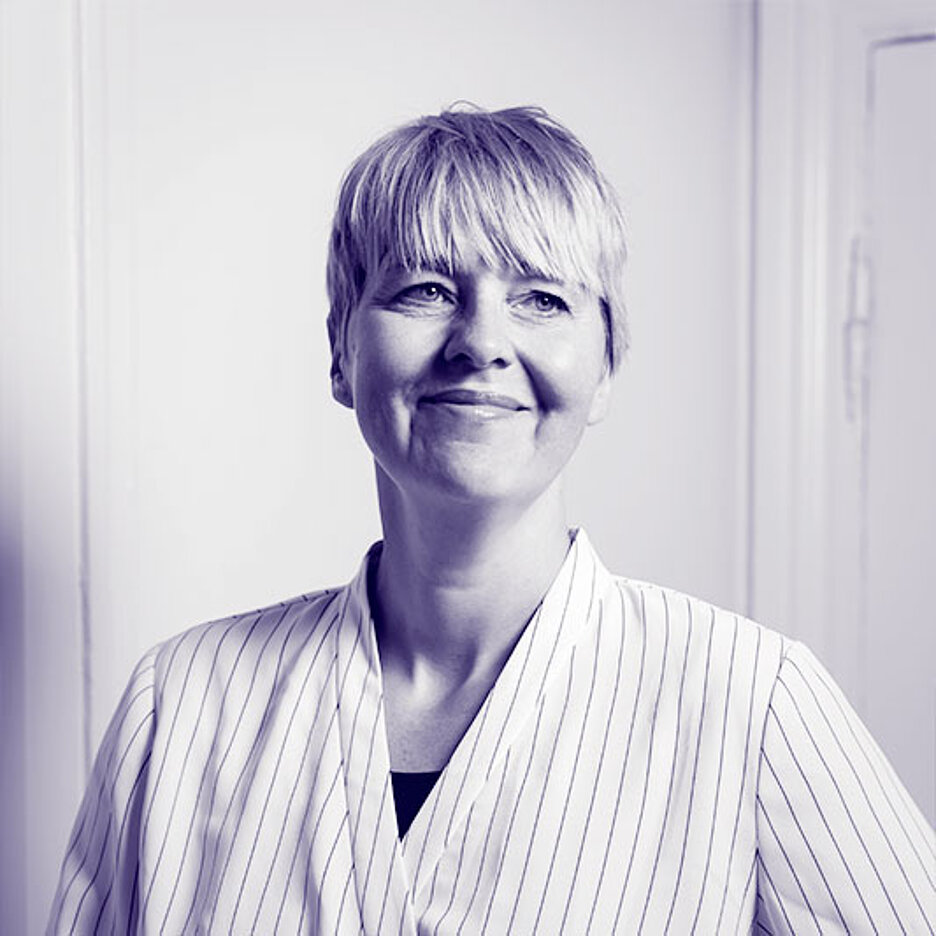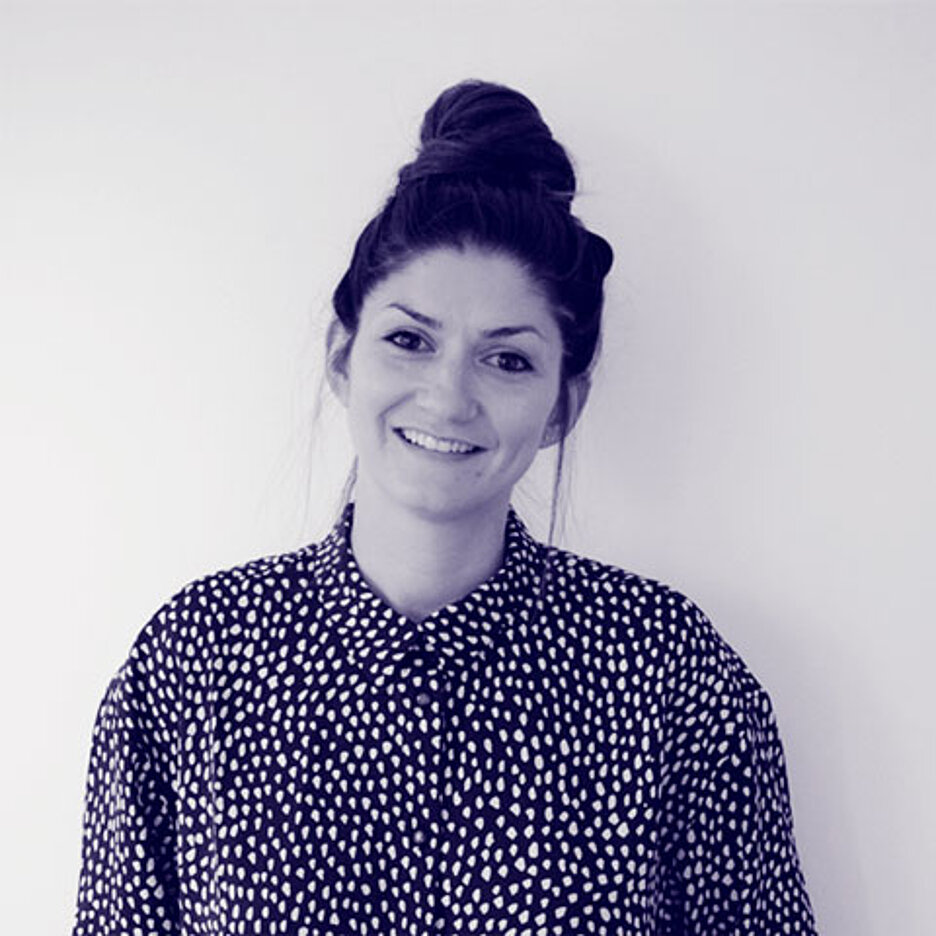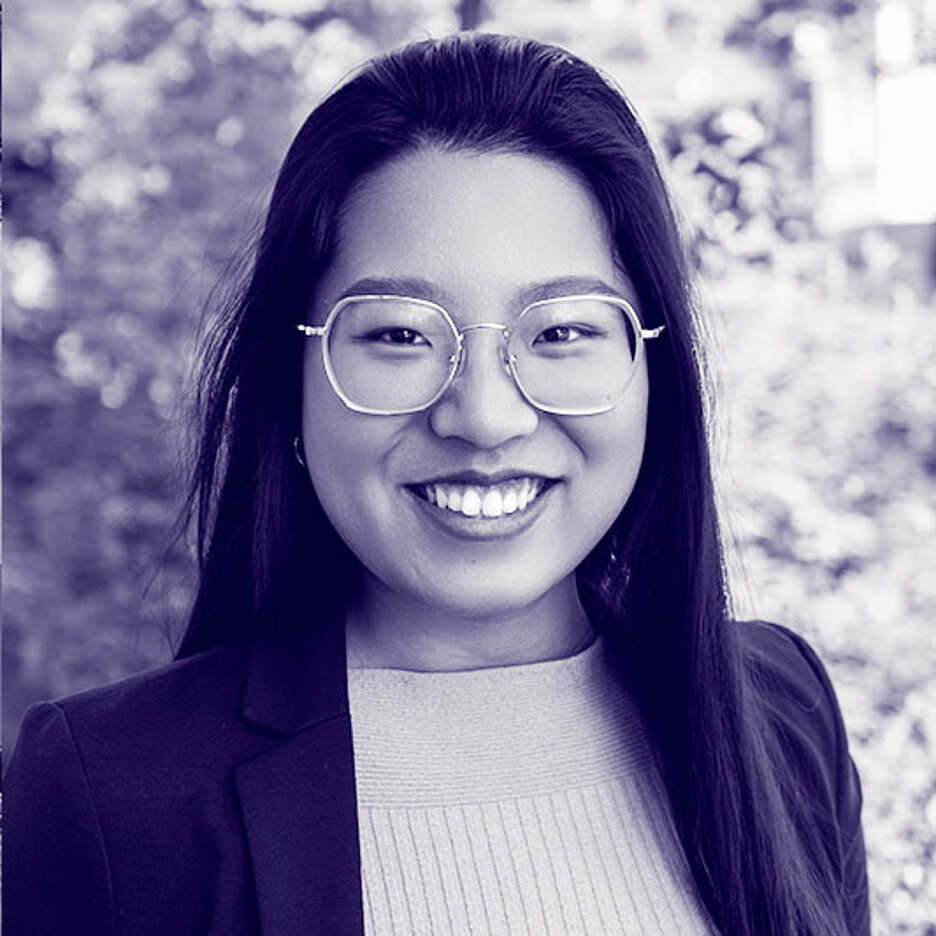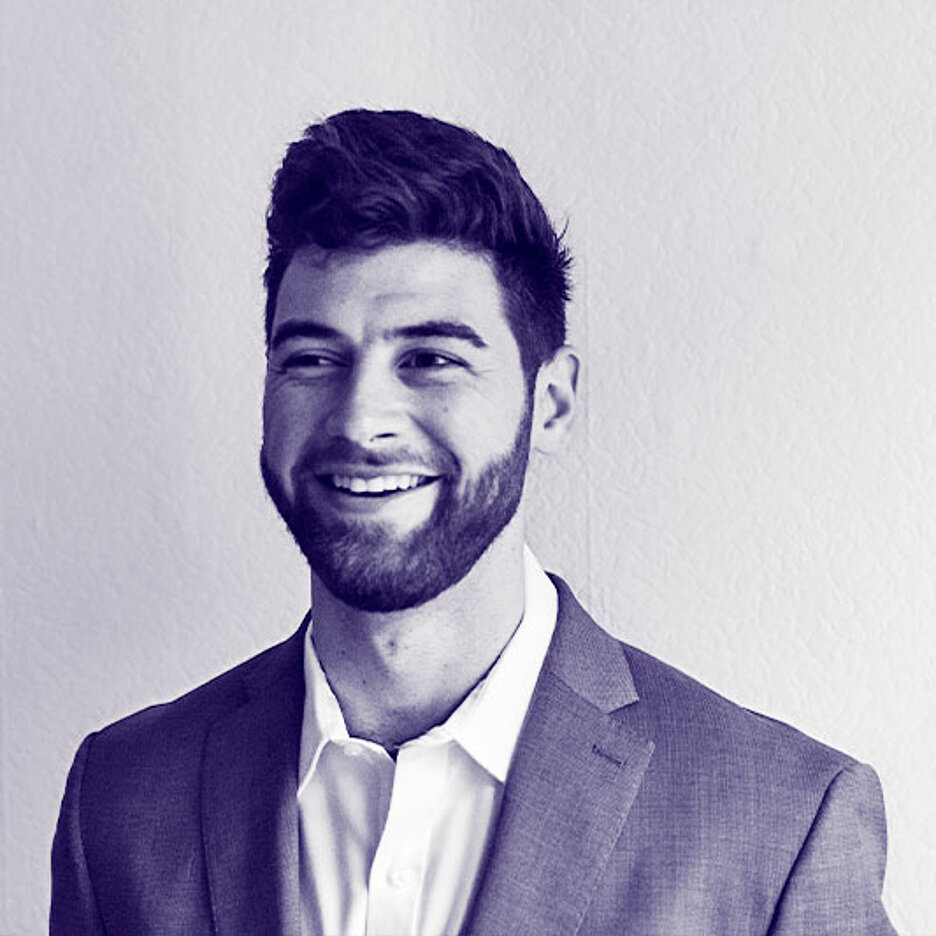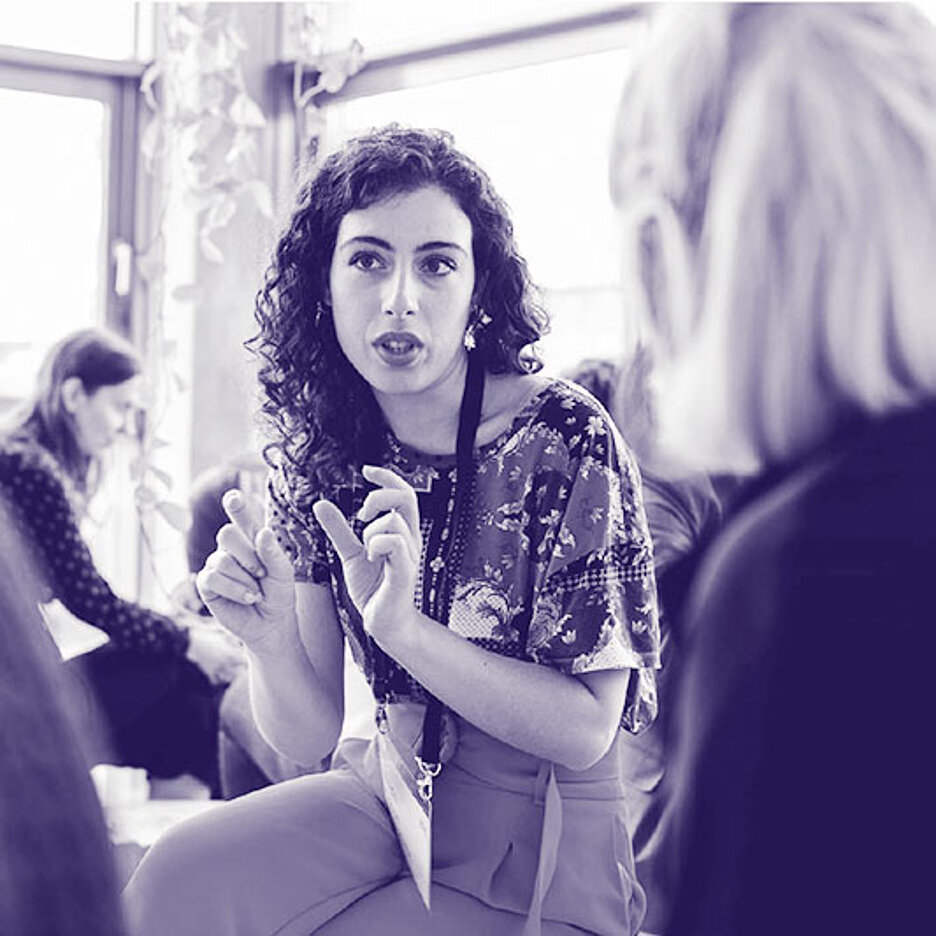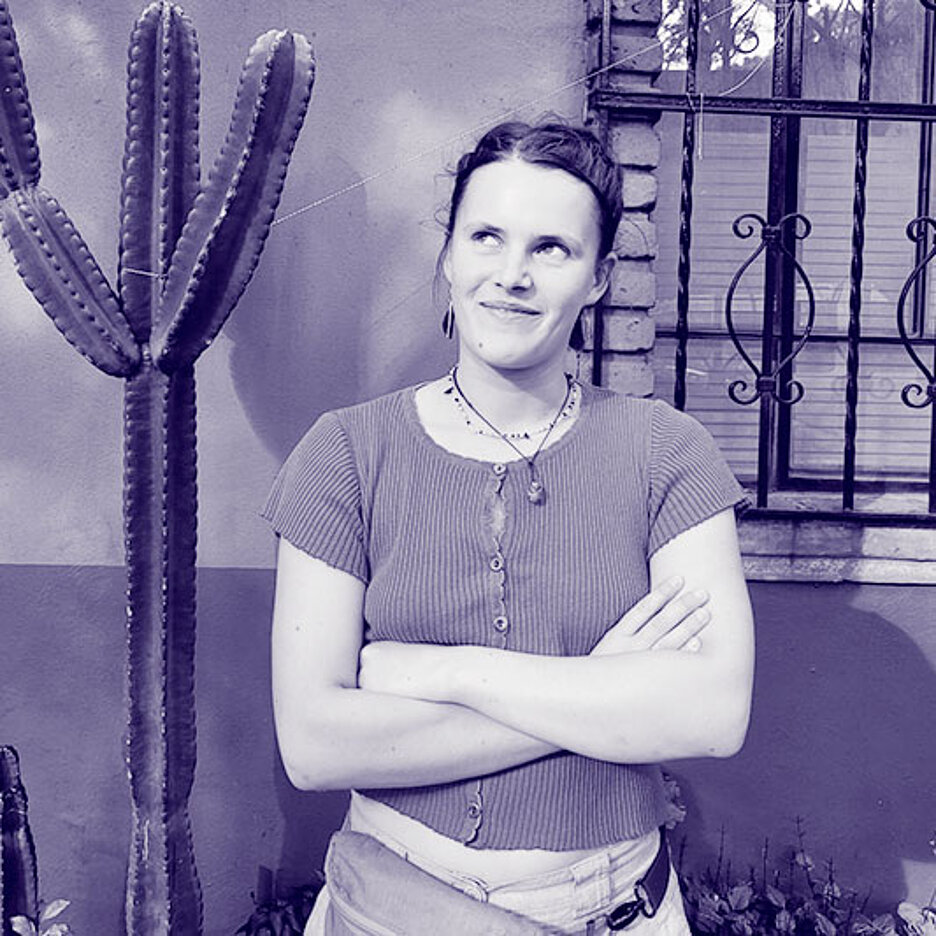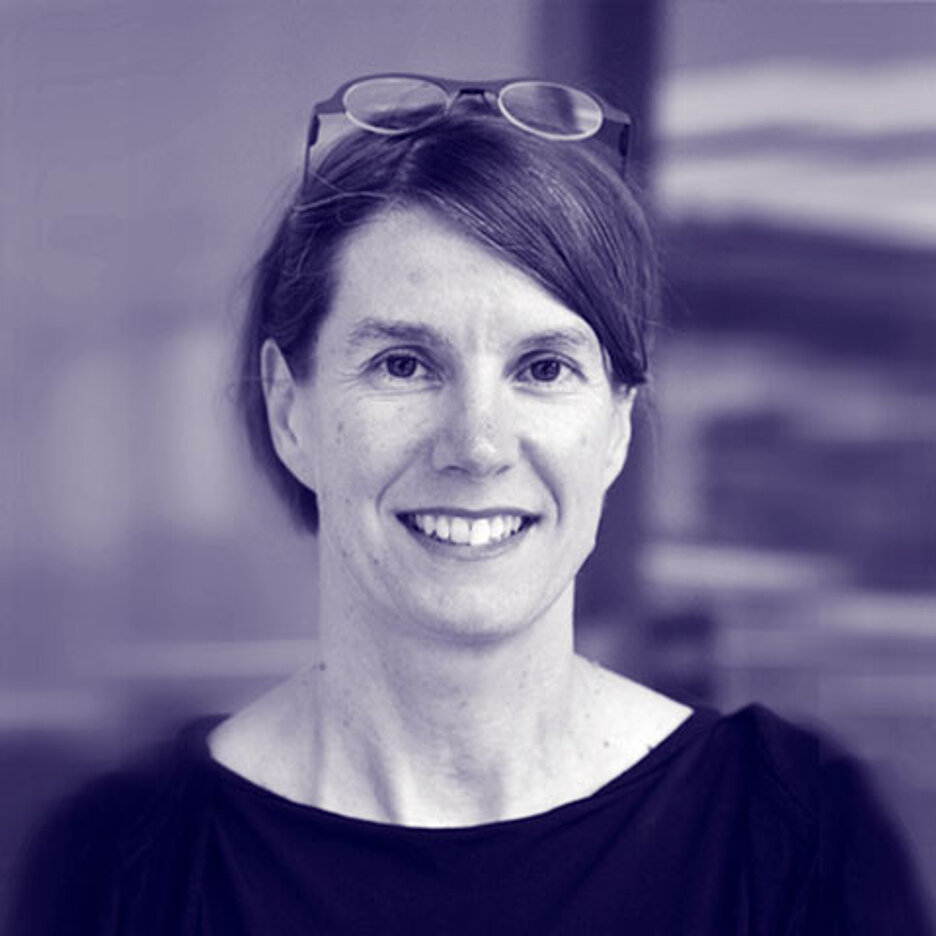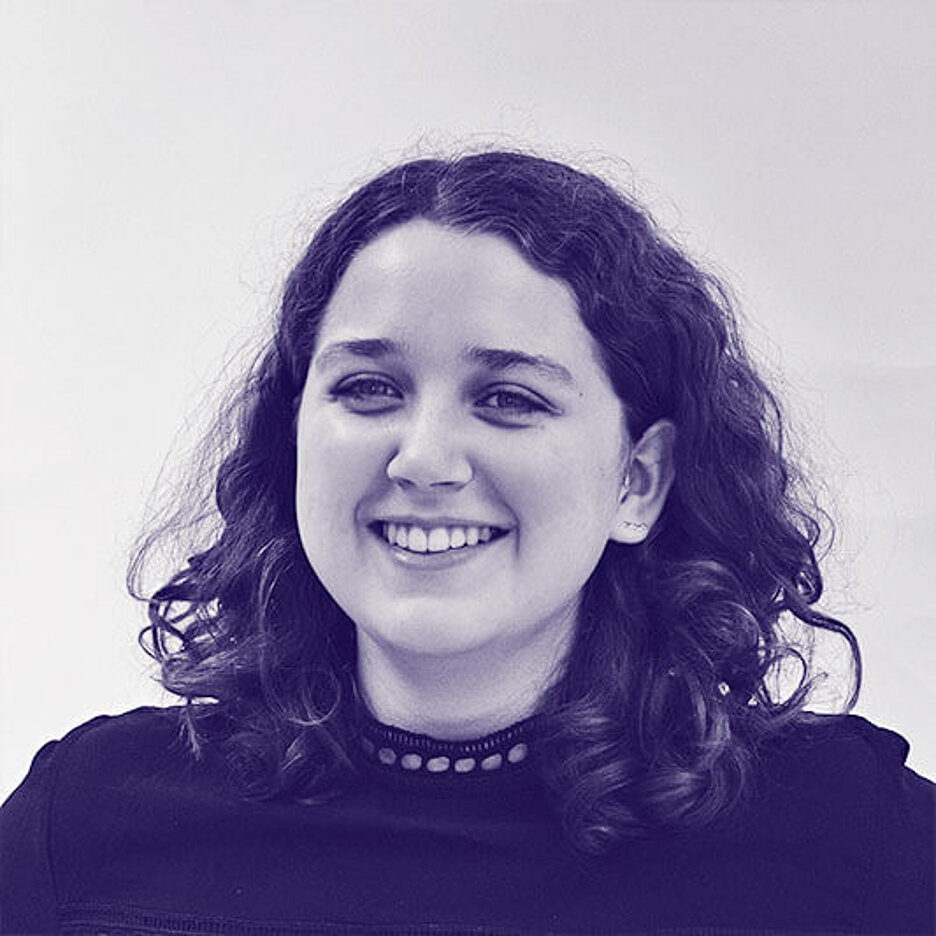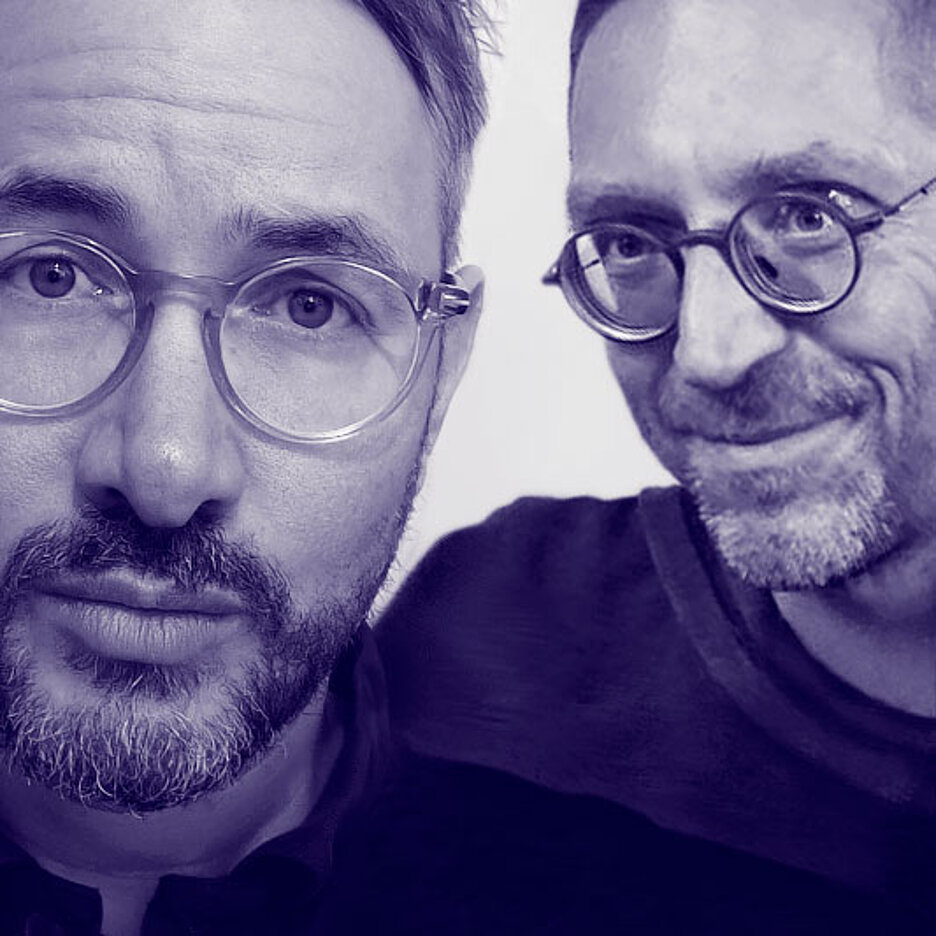Companions
Since 2015, competent experts have actively supported us in the development of our work and the implementation of individual projects.
Climate protection and transformation in regions | Fellowship 02 – 03/2024
Johannes studied economics and environmental sciences in Frankfurt, Cologne and Manchester and uses his knowledge in sustainability and climate protection projects in the public sector. In his projects, he helps to shape regional and municipal climate protection by working with representatives of the administration, business and civil society to develop approaches and measures that make an effective contribution to the goal of greenhouse gas-neutral municipalities and regions. Johannes is currently developing strategies for regional transformation. He works closely with local stakeholders and supports them in their project work. He particularly enjoys combining different perspectives on the complex issue of climate protection and working on very different aspects of this meta-topic, such as community energy, sustainable agriculture and industrial emissions. At Politics for Tomorrow, Johannes works on the projects Gemeinsam Digital: Berlin and Plan B.
Community Building & Organizational Development
Claire has studied International Relations and European Studies in Maastricht, Montreal, Berlin, and Vancouver. For over ten years, she has been supporting individuals and teams in shaping personal, organizational, and societal change processes. She has designed several training programs for changemakers in government and civil society and has been leading the Impact & Innovation Lab at the German Society for Foreign Policy since 2018.
She prefers to work collaboratively and within networks and has established a Community of Practice for new approaches in evidence-based policy advice and organizational development in the think tank sector with the Think Tank Lab. She holds certified qualifications in areas such as Design Thinking, systemic organizational development, and Art of Hosting, and completed a training as a communication and behavior trainer (artop) in 2018.
Design and transformation research
Philip Hector is a design researcher working with social-ecological and digital transformation processes. Trained in Industrial Design (B.A.) at FH Joanneum, Creative Sustainability (M.A.), and Design & Social Science Research (PhD) at Aalto University, he is interested in the negotiation processes between public organisations and civil society. The creative work of experts and amateurs that transform ideas and knowledge into effective tools, processes and places for a sustainable and just world builds the centre of his work.
At Politics For Tomorrow, next to project management, conceptual work, and moderation, he advances the overall research alignment of projects through internal research seminars and public discussion papers.
Community Building & Imagination Art | Fellowship 06/2022 – 09/2022
Malia has a background in Political Sciences with a major in International Relations Governance. Her work previously focused on the use of new technologies to promote accessible and sustainable democracy, and public sector innovation. She is now promoting and using life-centred design as a way to foster a just transition within public organisations. At Politics for Tomorrow, she supported the development of learning programs; helped to coordinate and organise events; and contributes to the community building of the 10x100 initiative. Conscious about the current social imagination crisis, Malia is using her storytelling agency, future literacy and positivist approaches to co-imagine and visualise a more beautiful and flourishing planet.
Regenerative Economy & Data | Fellowship 04/2022 – 04/2023
Christian's primary interest is to research and find innovative solutions at the interface of technology, society and business. He studied economics and industrial engineering with a focus on regenerative energy technology at the TU Berlin and the University of California, Irvine. Christian has many years of experience in interdisciplinary research in the fields of sector coupling, adoption research and ecological economics. In his master's project, he developed a data portrait for Berlin based on the donut economics approach. At Politics for Tomorrow he worked on the development of a Transformation Dashboard for cities and municipalities.
Strategic Design and Urban Transformation
Jennifer Jiang is a strategic designer and urban practitioner with expertise in research, ideation, and implementation of system thinking and regenerative approaches as they relate to urban and societal challenges. Trained in architecture and urban design (M.Sc.) at the Technical University of Berlin and McGill University, she has collaborated on transdisciplinary, technology-enabled initiatives based on participatory, urban strategic, and civic resilience thinking.
At Politics for Tomorrow, Jennifer leads data visualisation and information design, and co-leads in strategic design. With a focus on urban, city and public sector transformation, she develops socio-ecological transition initiatives using systems thinking and information design. Overall, she maintains a balance between developing and implementing design strategies across and within projects
Public Legal Design | Fellowship 01/2022 – 07/2022
Rojda works at the intersection of law, innovation and civil society. The vision of an inclusive society and an administration and judiciary that provides citizens with access to their rights determines the career of the fully qualified lawyer. Therefore, she is currently dedicated to the question of how legal design, the use of data and artificial intelligence can enforce law. In her last project, Rojda dealt with innovation and participation in law preparation and designed the "Center for Good Legislation" together with her teammates in the interdepartmental project (Work4Germany).
Rojda is also co-founder and federal board spokesperson of the "Young Voice e.V." and advocates for diversity. Most recently, she presented the Anti-Racism Agenda 2025 to the federal government as a member of the Represent:ative Council of the Federal Conference of Migrant Organisations.
Smart City | Fellowship 04/2021 – 09/2021
Özlem holds a Bachelor's degree in Architecture and a Master of Science in Architectural Design and Smart City Design. She has always been in pursuit of designs and buildings for the common good and public health, utilizing new technologies to create innovative solutions. Enthusiastic about the agile methods achieved through technology-driven approaches, she decided to change her direction and become a designer in a broader sense. As a Fellow at Politics for Tomorrow, she is working on the development of the new Smart City Strategy for Berlin.
Smart City | Fellowship 04/2021 – 05/2021
İrem is a master's student in Smart City Design, currently working on exploring the relationship between the cultural aspects of Smart Cities to envision the future of urban areas. She has a background in design and a degree in landscape architecture and urban planning. This knowledge provides her with a different and broader perspective in the urban context, allowing her to focus on areas related not only to the future and smart cities but also to landscape and urban archaeology. During her scholarship with Politics for Tomorrow, she was involved in research for the Berlin Smart City Strategy.
Open Government & Board Member
Oliver is a specialist in systems design and governance, open government, open data and open social innovation. He is an early and central player in Germany in the field of Open Government to strengthen the innovation capacity and resilience of state and community - especially in the course of digital transformation. For this purpose, he is specifically active in the areas of smart and sustainable urban development, strategic and policy alignment, participation and co-creation, and organisational development and capacity building. Among other things, he works in the coordination and strategy of the Open Government Network Germany in the context of Germany's participation in the Open Government Partnership and teaches Open Government and Open Data in the field of New Public Management in Baden-Württemberg.
Jose is an Intrapreneur and Innovation expert. With a background that interplays trend scanning, deliverology, data strategy and knowledge management, he has +8 years of experience working with the public, social and multilateral sectors in LATAM/DACH/AFR. He holds a Master in Public Policy (Hertie School) with a focus on innovation measurement and public finance, and a Master in AI and service design for government (AI4Gov - Politecnico di Milano/TallTech) with a focus on AI and citizens participation as Smart Cities enablers. He joined Politics for Tomorrow in 2020 and currently works in public sector innovation measurement, and designing data strategies across key initiatives such as Berlin Smart City, 10x100, the Transformation Barometer and the Innovation Recorder (InnoREC).
Public Relations
Jahn is a communications and stakeholder management officer in civil society organizations. After many years of work as a senior executive in the field of communication in the private sector, this audiovisual media specialist obtained a Master's in Public Policy (MPP/Cert.) from the Humboldt-Viadrina School of Governance. Since then, he has been active in the context of societal transformation. He works as an officer at Politics for Tomorrow and in transdisciplinary research projects of various federal ministries related to the energy transition at the Forschungswende platform. His focus is on science communication and political communication.
Transformationen wagen | Fellowship 07/2020 – 02/2021
Philipp Rösler holds a master's degree in Transformation Design and specializes in designing, initiating, and facilitating societal transformation processes. As a creative generalist with a professional background in Integrated Design and influenced by complexity theory, cybernetics, as well as future and social sciences, he works on various self-initiated projects at the intersection of research, design, and art. He is also a co-founder of the multidisciplinary think-and-do tank 'The Complicity' and an affiliate of the Berlin-based 'Systemic Design Group.' In his capacity as a Fellow, he works on the "Daring Transformations" project at Politics for Tomorrow.
Öffentliches Gestalten | Fellowship 06/2019 – 06/2020
Bettina Köbler is a strategic designer and an expert in digital product and service experiences. She serves as a Senior Service Designer at the strategic design firm Designit, where she leads global innovation and design projects and supports multidisciplinary teams from the industry and the public sector in tackling complex challenges through user-centered design and the application of agile methods. Bettina is a lecturer in Service Design at the Munich University of Applied Sciences and a Fellow at Politics for Tomorrow. As part of the Creative Bureaucracy Festival, she played a key role in organizing and shaping the Academy and contributed to the handbook "Public Design."
Creative Bureaucracy | Fellowship 10/2017 – 03/2019
Elisabeth is a designer who works for the city of Cologne. She explored the potential of design in administration through a case study with the Department of Personnel, Organization, and Innovation of the city of Cologne. In her "European Studies in Design" program, she focused on the new role of designers in the public sector. She is particularly fascinated by process facilitation during times of change and contributes to this with co-creative, empathetic design methods, a holistic perspective on interconnections, and the visual representation of systems.
Creative Bureaucracy | Fellowship 04/2018 – 10/2018
Sebastian is a project collaborator at the Senator for Social Affairs, Youth, Women, Integration, and Sports in the Free Hanseatic City of Bremen. He advocates for the establishment of a procedural mindset within the administration. As part of his master's thesis in the part-time "Public Administration" program, he examines how contemporary design of public administration can be achieved through the use of innovation labs. His research and daily work are centered around a people- and common-good-oriented approach to public administration.
Experience Design
Andrej works as an independent creative at the intersection of strategy and service design. With over 8 years of design experience in both B2C and B2B contexts across various topics such as Industry 4.0, personal and public mobility, connected living, and healthcare, he has assisted small and large organizations in transitioning to a human-centered approach. Currently, as a Fellow at Politics for Tomorrow, Andrej is dedicated to researching the innovation capabilities of various German government and administrative institutions. His work has focused on the development of evaluation methods and visual communication formats.
Visual Design
Andrea is a passionate designer with years of experience in user and brand research, product design, and marketing. She enjoys working in data-driven environments, always keeping user needs at the forefront. Andrea gladly assists companies in developing a design strategy and formulating a consistent design language across platforms and touchpoints to create seamless experiences.
Service Design
Anna focuses on socially and ecologically sustainable innovations that prioritise people. With a background in psychology and design, Anna's expertise lies in design thinking and the creation of sustainable systems. In her master's thesis, she explored how human-centered design can shape service processes and work culture in public administration to be future-oriented and citizen-friendly. Anna works as a design researcher at the international innovation and design consultancy IDEO in Munich.
Innovation Policy
Christin, a political science and public administration expert since 2011, has been assisting decision-makers at the federal and EU levels in exploring new avenues for innovative collaboration between science, business, and civil society. She develops approaches for international clusters and research as well as administrative collaborations, designs participatory and intersectoral processes, and moderates events in the field of innovation and research policy. Trained as a Scandinavianist, she gained several years of experience in the public sector in Sweden.
Innovative Learning & Co-founder
Susanne is an expert in 21st-century learning and a co-founder of nextlearning e. V.. Combining her education in art (BA) and public policy (MA), she is a change maker in the field of education transformations with extensive experience in project development, knowledge processing, design of learning settings, and workshop facilitation. As a social entrepreneur and school founder, she is part of the core team of the Education Innovation Lab at the Evangelische Schule Berlin-Zentrum. Currently, she is developing learning materials for a curriculum of the future based on the United Nations' Sustainable Development Goals.
Design Thinking
Eva obtained her Ph.D. at the Institute of Sociology at FU Berlin with a focus on "Empathy by Design." Inspired by her extensive research in the Stanford Design Thinking Research Program, Eva leverages design-led methods to develop new approaches for and with public institutions. She works as an independent strategist in the IT sector and conducts research on transformation processes within international organizations, with a particular emphasis on topics like digitalization and the future of work. Her work has been recognized through a scholarship from the Hasso Plattner Institute. In 2015, she co-authored the largest study to date on the current state of Design Thinking in organizations.
Agile Management
Matthias Weinhold is a software developer and coach for agile project development. He supports organisations in implementing digital projects from ideation to operation. Matthias researched the digitization of museums. As the managing director of an agile software agency, he has been guiding digitization projects in businesses as well as in administrations and authorities for more than 15 years.
Social Entrepreneurship
With a Master of Public Policy, a business background, and experience in strategic CSR and design thinking, Veronika works as a process facilitator and organisational consultant to strengthen change and innovation capabilities as well as creativity in work cultures. The innovation workshop project:raum in Warnow Valley Rostock, co-founded by her, serves as a focal point and inspiration for her daily work.
Transdisciplinary Research
Angelika conducts research at the intersection of social sciences and design and holds a Ph.D. in educational science. In the context of applied research, she develops methods for participatory and needs-based design of research processes and technology developments. It is important to her that challenges and future tasks are approached from different perspectives and solved in a cross-disciplinary manner. At HWR Berlin, she prepares students for the public administration of tomorrow.
Administrative Collaboration
Jenna has extensive experience in coordinating international academic training programs for the public sector, especially in the field of German-French administrative and development cooperation. As a social scientist, she is interested in the dialogue between the state and society and methods that enable collaboration on an equal footing among actors with different backgrounds, goals, and needs.
Sustainable Development
Julika is a policy advisor, mediator, moderator, and expert in learning and exchange formats. She utilizes her diverse experiences in international cooperation and German politics to continually develop interdisciplinary forms and methods of policy-making. She combines design thinking with education for sustainable development. Her background as a linguist and gender studies scholar focusing on sustainable development motivates her to imbue concepts like transformation, innovation, or participation with substance and life in practice.
